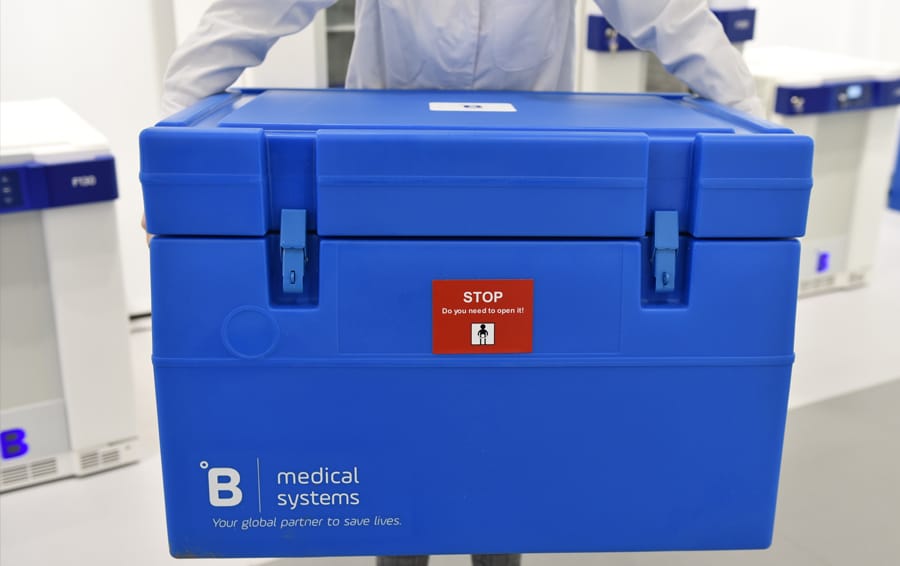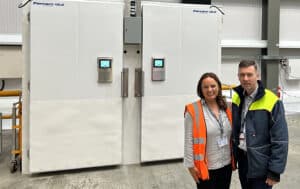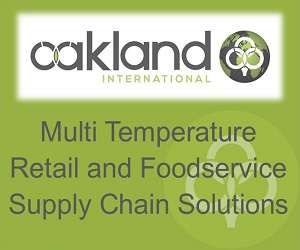Whilst vaccination programmes are gathering momentum globally with billions of doses of vaccines currently being distributed around the world, there have been reported incidents whereby ineffective transportation and storage is leading to vaccines being destroyed as has been the case in the UK, Europe and the US.
In Barnsley 500 doses were spoiled when the freezers storing the Pfizer vaccine were mistakenly switched off. A similar incident occurred at a Boston Hospital which resulted in 2,000 doses of the Moderna vaccine going to waste. Some 21 shipments of the Moderna vaccine, amounting to around 2,000 doses got too cold in transit en route to Michigan in the US which meant they were unusable while new research has revealed that healthcare institutions across the Netherlands have outsourced vaccination deliveries to companies without pharmaceutical experience which has led to waste of doses.
Luxembourg-based B Medical Systems which is a leading player in the cold chain delivery of vaccinations in India and Europe, has moved quickly to address such incidents occurring by developing an Internet of things (IoT) solution in cooperation with the Dutch telecom company KPN, designed to ensure the vaccines are kept at their optimum constant temperature throughout their transportation and storage.
The refrigerators and freezers, in which the vaccines are stored, are equipped with loggers that display the temperatures inside the high-tech containers in real time. In the event of the temperature not being maintained, the logger immediately sends an SMS alert to the B Medical Control centre.
Thanks to KPN’s extensive, reliable telecoms network, data from the IoT temperature monitoring solution can be accessed remotely anywhere in the world.
Says Luc Provost, Chief Executive of B Medical Systems: “The solution that we have developed with KPN means that there is no longer any reason for expensive wastage of vaccines resulting from ineffective transportation or storage at a hospital for example. It guarantees optimal quality of the vaccines during transport and storage and ensures that vaccination programmes are not delayed as a result of spoilage.”











